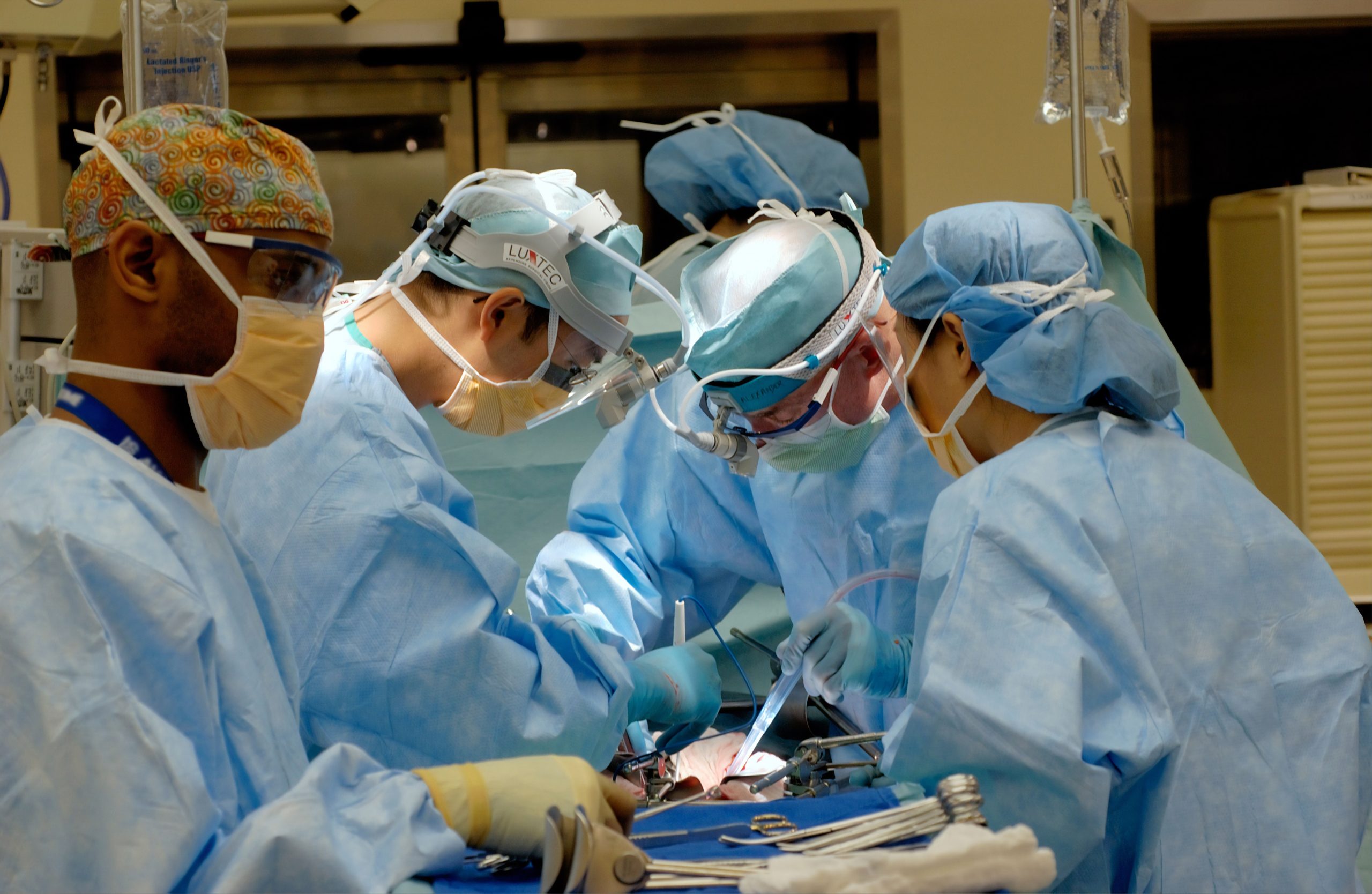In an era where artificial intelligence is transforming various sectors, the medical field is no exception.
A groundbreaking study released this week by Harvard Medical School suggests that a new AI tool could revolutionise the treatment of brain tumours, offering hope to countless patients and the neurosurgeons treating them.
For years, gliomas – the most common brain tumor type found in cancer patients – have posed a significant challenge to neuroscientists and healthcare professionals alike. Notably, a particularly aggressive form of glioma has claimed the lives of prominent figures such as Beau Biden and Senator John McCain.
“Difficult kinds of gliomas require different kinds of surgery,” stated Kun-Hsing Yu, a professor at Harvard Medical School and one of the study’s authors to The Guardian.
The challenge lies in removing these dangerous tumours without causing collateral damage to the surrounding brain tissue, a task that requires extensive knowledge that is often not available until the patient is already undergoing surgery.
“When operating on brain cancer patients, doctors send a piece of sample to the pathology lab to get real-time, immediate feedback. A pathologist can help tell them whether they are cutting the correct tissue, or what kind of specific cancer the patient has,” Yu explained.
In modern medical facilities, a pathologist typically finishes analysing a brain tissue sample within a span of 10 to 15 minutes – all while the patient’s skull remains open on the surgical table.
However, as Yu noted, it is not without error.
“People are under stress, and the quality of the slide is sometimes not great, so occasionally we will have misdiagnosis arising from this fast process.”
This is where machine learning, a subset of artificial intelligence that involves pattern recognition without explicit instructions from a programmer, comes into play. Yu and his team discovered that this technology could make glioma analysis faster and more accurate, reducing the time patients spend in the operating room.
Dr. Dan Cahill, a neurosurgeon at Massachusetts General Hospital, lauded the accuracy of the new machine learning tool, terming it “impressive, certainly much better than” traditional glioma analysis techniques.
Cahill noted that the “optimal type of surgery is different for each patient, and is significantly influenced by the sub-type of glioma.”
Machine learning could be instrumental in deciding the most effective methods of treating aggressive gliomas, such as the direct insertion of tumour-killing drugs into the brain during surgery.
Yu and his colleagues believe their AI technology can help determine a tumour’s invasiveness in the operating room, allowing doctors to decide rapidly and confidently on the course of action.
However, the technology, pending approval from the Food and Drug Administration, will not be ready for clinical use for several years, according to Yu.
Interestingly, the Harvard study is not a pioneer in this arena. Earlier this year, a London-based medical research team developed an AI tool capable of identifying cancerous growths in CT scans.
Additionally, Kheiron Medical Technologies, a software startup co-founded by Hungarian computer scientist Peter Kecskemethy, is developing AI tools to assist radiologists in detecting breast cancer.
Kecskemethy affirmed the importance of AI in cancer research and treatment, stating that “we need AI to solve cancer, and it can be solved with AI.”
As the integration of AI and medical treatment continues to advance, the possibility of revolutionising cancer treatment is becoming a tangible reality.







